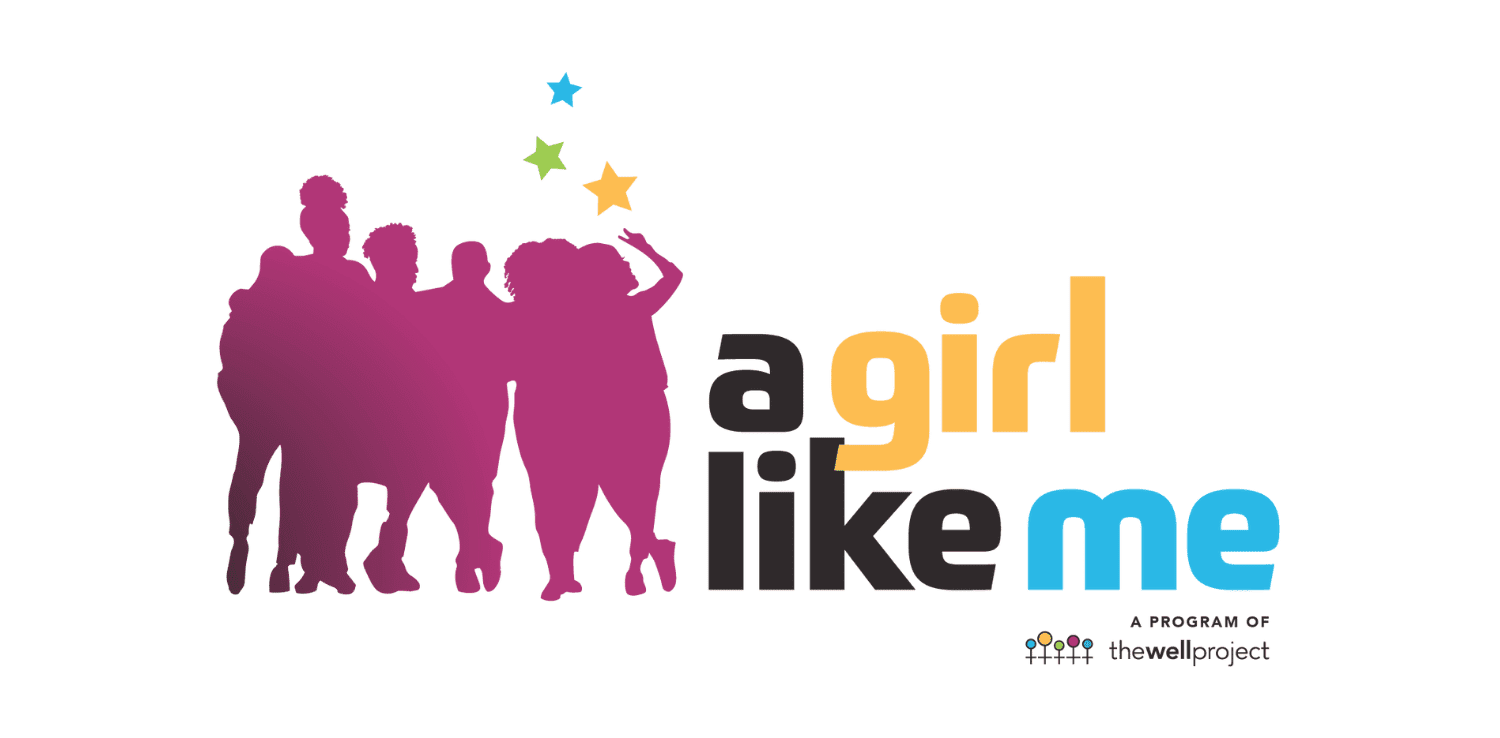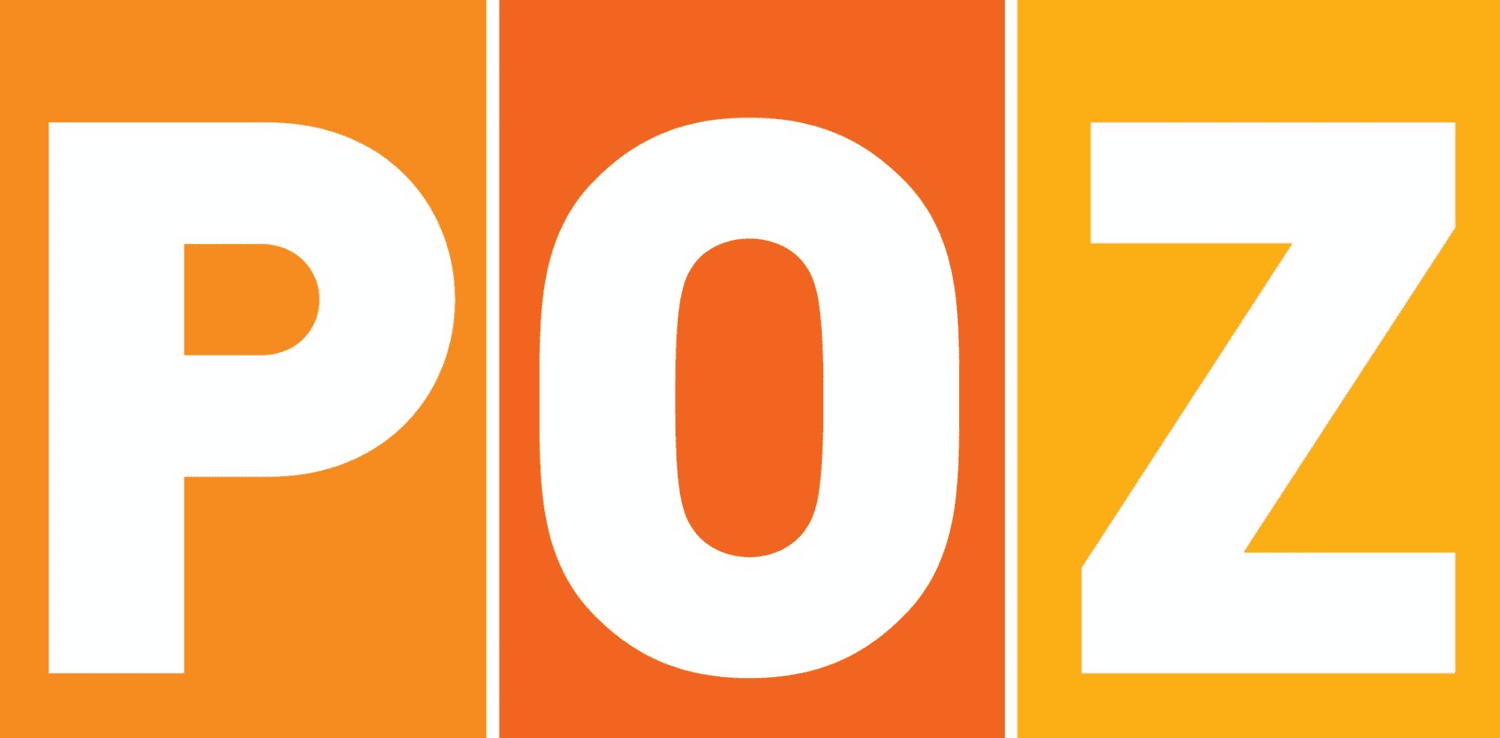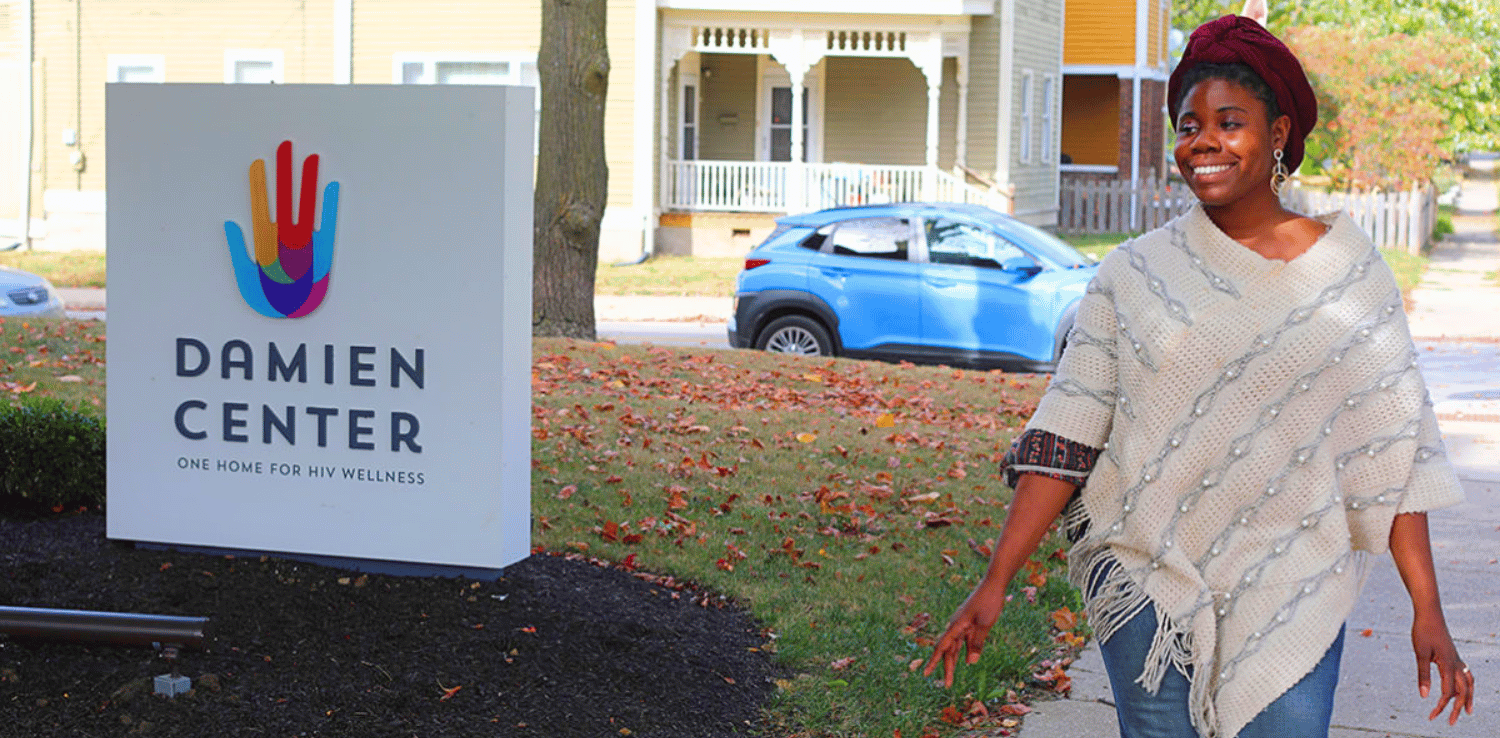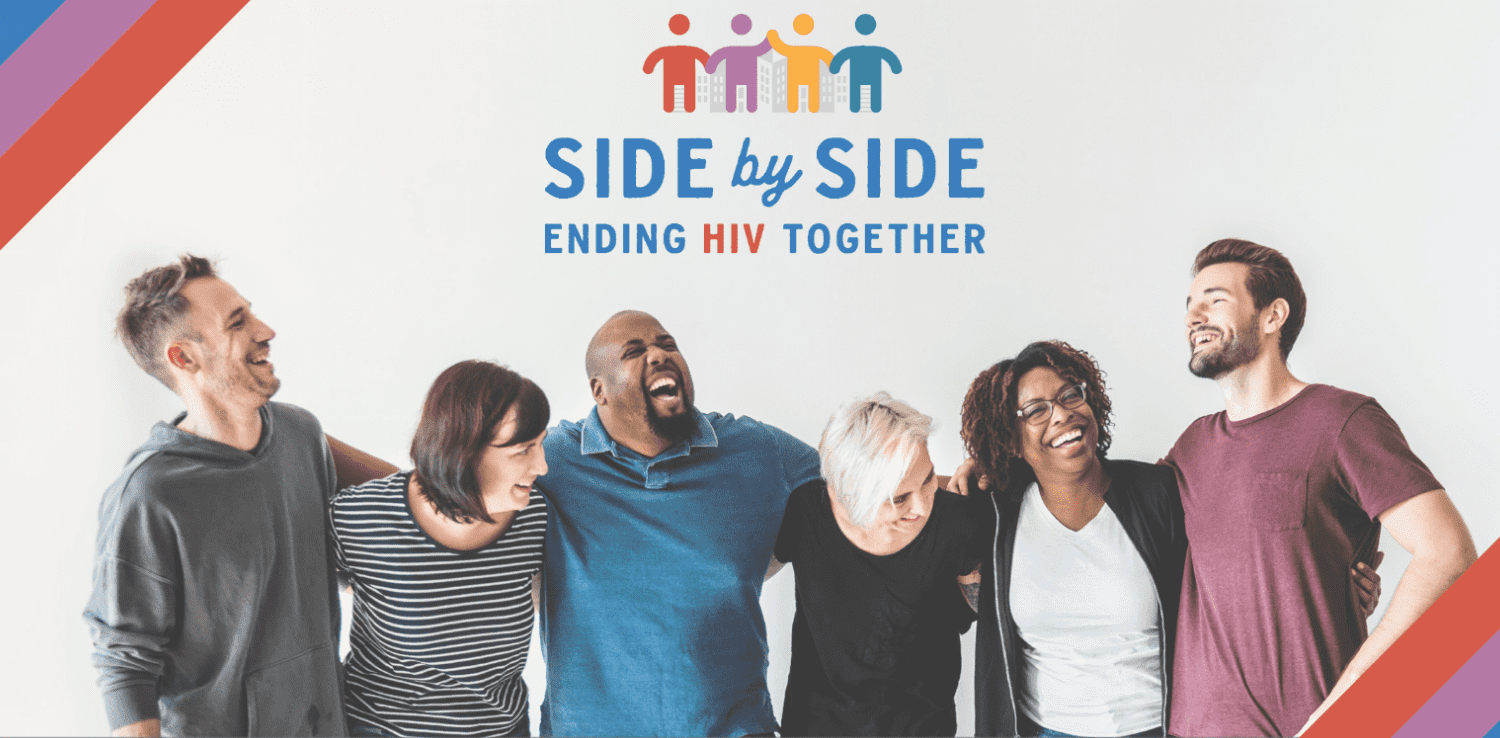Getting diagnosed with HIV can knock the wind out of you.
Once the shock begins to settle, many people move quickly into “doing mode”: taking meds, making appointments, and trying to stay on top of their health. But even when the physical part is under control, the emotional side can feel heavier and harder to carry.
You may have friends or family who care deeply about you. But unless they’ve lived it, they may not fully get what you’re going through.
Sometimes, what we need is to talk to someone who doesn’t need an explanation. Someone who won’t flinch when you say “undetectable,” and won’t treat you differently because of your HIV status.
HIV support groups comprise people who know what it’s like to navigate meds, stigma, relationships, and everything in between. Whether you’re newly diagnosed or years into your journey, a support group can help ease the emotional weight, offer helpful advice, and remind you that you’re not alone in this.
Side by Side connects people across Marion County to support groups, resources, and community care. In this guide, we’ll go over what HIV support groups offer, the different types available, and how to find the best option for your needs.
Why Support Groups Matter (And When They Don’t)
Adults living with HIV are two to four times more likely to experience depression than everyone else. Many also deal with anxiety, PTSD, or lingering shame tied to stigma and isolation.
Support groups can help. They can ease the isolation that creeps in when you’re the only person you know with HIV. They can give you practical tips from people who’ve already figured out how to tell their mom, negotiate with insurance companies, or deal with side effects from meds that nobody warned you about.
Community is medicine. And group therapy or peer support can be a powerful dose of it.
- Reduce Isolation: It’s easy to feel alone, especially if you don’t know anyone else living with HIV. A support group reminds you that you’re not alone in navigating this.
- Boost Mental Health: Sharing your experience in a safe, nonjudgmental space can ease symptoms of depression and anxiety.
- Offer Practical Tips: You’ll learn from others who’ve walked the path, including how they manage side effects, talk to partners, or stay consistent with treatment.
- Strengthen Treatment Adherence: When you feel supported and seen, you’re more likely to take care of yourself, including sticking with HIV medications.
But here’s what people tend to forget: Sometimes a support group is just plain awful. You might walk into one and feel worse. Maybe the facilitator lets one person dominate every conversation. Maybe everyone’s at a different stage than you. Maybe the vibe is just off.
That’s okay. Not every group is for every person. More importantly, you’re allowed to leave and try another one.
Finding Your Fit: Which Type of Support Group Is Right for You?

HIV support looks different for everyone. What works for one person might not feel right for another. The idea is to find something that meets you where you are.
1. In-Person Support Groups
Some people need to be in the same room with others to feel connected. There’s something about hearing someone’s actual voice, seeing their face when they nod along to your story, that Zoom can’t replicate.
In-person HIV support groups are typically hosted at clinics, community centers, or nonprofit organizations. For those who prefer face-to-face connections, these groups offer a space to build trust and connect more deeply. Being in the same room, hearing people’s voices, and showing up regularly can create a strong sense of belonging.
In Marion County, places like The Damien Center have been hosting groups since 1987. Side by Side can connect you to other similar trusted spaces that align with what you’re looking for. The best ones feel less like therapy and more like hanging out with people who happen to get this specific part of your life.
2. Virtual Support Groups

The popularity of online support groups have exploded recently. And honesty? They’re perfect for a lot of us. Maybe you live far from the city. Maybe you’re juggling work and kids and can barely make it to your medical appointments, let alone a weekly meeting. Maybe you’re just not ready to show your face yet.
Virtual groups provide a space to anonymous if you need to. You can turn off the camera if you’re still working through your comfort levels. Or mute your mic and just listen on the days when talking feels like too much.
Although the format is virtual, the connections can be just as real, just as meaningful. Participants can share openly and support one another despite the distance between them.
3. Peer-Led Vs. Clinician-Led
HIV support groups generally fall into two categories: peer-led or clinician-led.
Peer-led groups are typically more relaxed and built around shared experiences. They tend to feel more like hanging out with friends who get it. Someone living with HIV usually runs the show, and conversations flow wherever they need to. You might spend one week talking about dating anxiety and the next comparing notes on which pharmacy has the shortest wait times.
Clinician-led groups have more structure. A licensed therapist guides discussions around specific topics like trauma, depression, or building resilience. If you’re dealing with heavy mental health challenges alongside your HIV, this format might give you tools to cope as well as space to vent and connect.
Try both. See what helps.
The most important thing with all of these options is that the space feels safe, supportive, and helpful to you.
Finding HIV Support Groups Near You
Ready to begin? We’ve compiled some trusted resources where you can find both in-person and virtual HIV support groups nearby.
The Well Project
The Well Project’s A Girl Like Me is a blog where women across the gender spectrum share their personal stories and lived experiences with HIV. Raw, honest, sometimes messy – exactly what you need when you’re tired of medical pamphlets. Above all, It’s a welcoming, stigma-free space meant for connection and learning across the gender spectrum.
POZ Forums
POZ Community Forums has been around forever. It offers 24/7 peer-to-peer support through message boards. These moderated forums are some of the most active and long-standing online spaces for people living with HIV in the U.S.
The Damien Center
The Damien Center is Indiana’s largest HIV/AIDS service organization, based in Indianapolis since 1987. Their variety of support groups are open to anyone affected by HIV, not just their clients. And they’ve been supporting our community long enough to know what works.
Step-Up, Inc.
Along with other HIV care services, Step-Up, Inc. also offers support groups for people living with HIV as a way to build connections and support emotional well-being. These groups create space for open, judgment-free conversation.
And Lets Not Forget: Side by Side
Side by Side can also guide you to other options across Marion County. Every group is a little different, and we’re happy to help you find one that suits your comfort level and schedule.
What Actually Happens in These Groups
Your first meeting will probably feel weird. You’ll wonder if you should talk or just listen. You might spend the whole time wondering what you’ll say – if anything at all – and fixating over whether anyone can tell you’re nervous. This is completely normal.
Here’s what most groups tend to look like:
- Usually, there are 5 to 15 people.
- A facilitator keeps things moving.
- Everyone agrees to keep what’s shared confidential.
- You can talk about whatever’s on your mind – your latest labs, your family’s reaction to your diagnosis, how tired you are of taking pills every day, that person you’re into but scared to tell.
Or you can just sit there and take it all in. Nobody’s keeping score. You don’t have to “fit in.” All you need to do is show up.
What If You’re Not Ready?
Maybe the idea of sitting in a circle talking about your feelings makes you want to run. That’s fair.
Support doesn’t have to look like a group. Maybe it’s one-on-one time with a counselor. Maybe it’s texting with a peer navigator who checks in on you. Maybe it’s journaling or screaming into a pillow or finally telling your best friend what’s been going on.
There’s no timeline for being ready. The groups will be there when you are.
Here’s What Matters with HIV Support Groups

You deserve spaces where you can be honest. Where you can celebrate that your viral load is undetectable without having to explain what that means. Where you can admit you forgot to take your meds for a couple days and nobody lectures you.
The right support group can help you remember who you were before the diagnosis and figure out who you want to be now, and tomorrow, and next week. It can be the place where you laugh about things that aren’t funny anywhere else. Where you find your people.
At Side by Side, we know your plate is full. Finding support shouldn’t be yet another burden thrust upon you. So we’re here to help you find what works. Whether that’s a Tuesday night group at a community center, a virtual meet-up from your bedroom, or something else entirely.
Your support network should fit your actual life, not some ideal version of it. Let’s figure out what that looks like for you. Contact us today!










